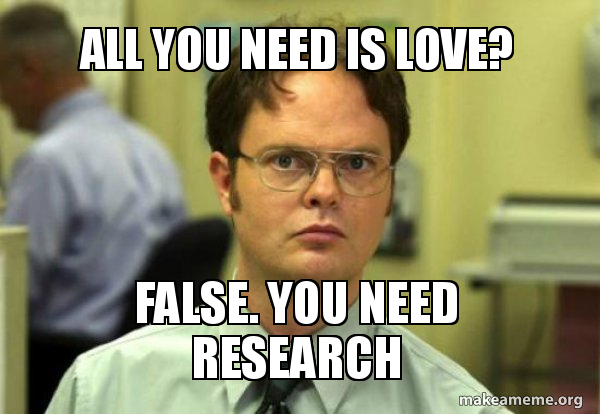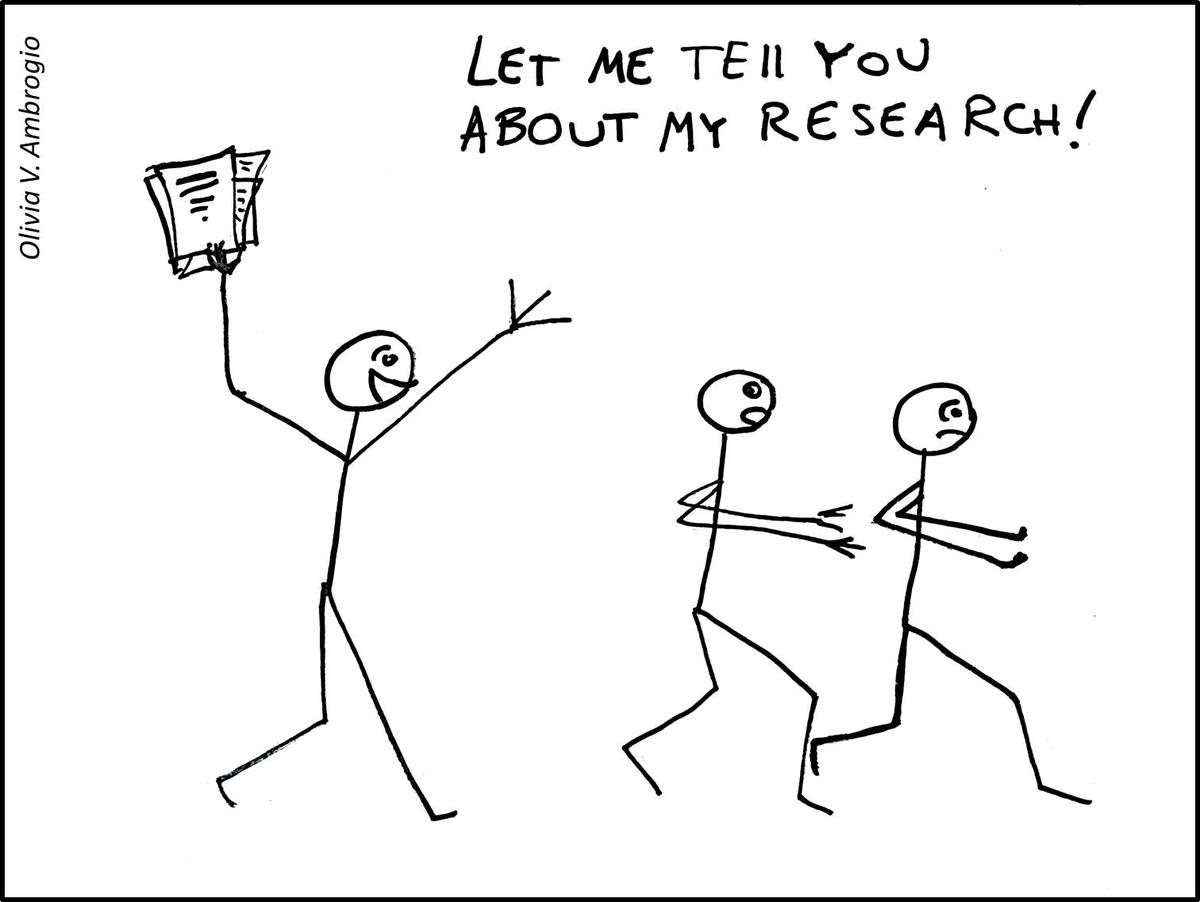
Research is boring. Lots of long papers full of fancy words that make simple concepts more difficult to understand. The point-scoring golden egg of a published paper to pad out your portfolio has never been, for me, worth the time, effort and endless rewording. I don’t really like reading them, I have little desire to write them.
This attitude developed when I first attempted to read a research paper. I can’t remember what it was on (I probably didn’t understand it anyway). Don’t get me wrong: I know research is vital for progression in pretty much every strata of society. I understand that a good-quality and relevant research paper could have a greater impact on more people than I could possibly reach in my whole career. Whilst I went into medicine to make a difference, research was something other people did (i.e. those born with a fiery passion for confidence intervals and the Poisson distribution).
Last Friday I found myself sitting in a Critical Appraisal session in week one of DTMH - a week I had told myself to grit my teeth and get through in order to fully enjoy the skin-burrowing parasites and venomous snakes that followed. You can imagine my dread when we were instructed to get into groups and appraise a research paper.
My group were assigned a paper called ‘Injury and death during the ISIS occupation of Mosul and its liberation: Results from a 40-cluster household survey1’. Great. Not only was it research but it was a survey on ISIS. I knew nothing about ISIS (other than the obvious beheading stuff) and very little about Iraq – I’d never even heard of Mosul. I looked enviously over at the group assigned the RCT on fluid bolus use in African children. At least theirs involved an intervention (and was six pages shorter).
I flipped through the paper and noticed the results included a body map showing locations of injuries reported and their associated frequencies. I joked to a friend that the four recorded on left hands could have been related to vegetable-chopping incidents.
To my utter dismay, appraising a paper involved reading it quite thoroughly. Begrudgingly I began, but my attitude changed as I saw the picture that was being painted. A city occupied by ISIS for twenty-nine months during which time the economy collapsed, employment fell as taxes sky-rocketed, streets were patrolled by morality police who could beat or kill you for having a picnic or watching football on your phone. I realised the four injured hands I had joked about may have been as a consequence of desperate theft or some other ‘moral sin’. The remaining residents of Mosul - the ones who hadn’t managed to hightail it out of there (or die) – then endured nine months of military ‘liberation’ of the city.
And the study itself: data was collected by 4 local doctors who had managed to escape prior to the ISIS occupation. They returned as soon as they were allowed back in by the Iraqi military. With structured questionnaires in-hand, they travelled throughout what was left of Mosul to the houses of survivors. They saw and made notes of bombed-out buildings and wrecked neighbourhoods. They listened and recorded people’s accounts of murdered, injured or kidnapped loved ones. They absorbed the stories of how Mosul – their home – was taken over and gradually destroyed. On one occasion they were almost killed in a mortar attack and had to take cover in the bomb shelter of the family they were interviewing at the time. This was their city; these were their neighbours. They wanted to understand the scale of what had happened here - they nearly died trying to find out.

This heroic bravery (or disregard for basic safety) in the pursuit of the truth simply didn’t fit with my pre-existing image of research. The data collection sounded quite different to the Surveymonkey links I kept scrolling past on Facebook. I’d never thought about forest-plots in the context of bullets and airstrikes. My view of research was as a career steppingstone, rather than a meaningful destination. This was real, this was dangerous and to these people this was vitally important: worth dying for.
It made me wonder - maybe research isn’t quite so boring after all.
Reference List
1. Lafta R, Al-Nuaimi MA, Burnham G. Injury and death during the ISIS occupation of Mosul and its liberation: Results from a 40-cluster household survey. PLoS Med. 2018;15(5): e1002567.